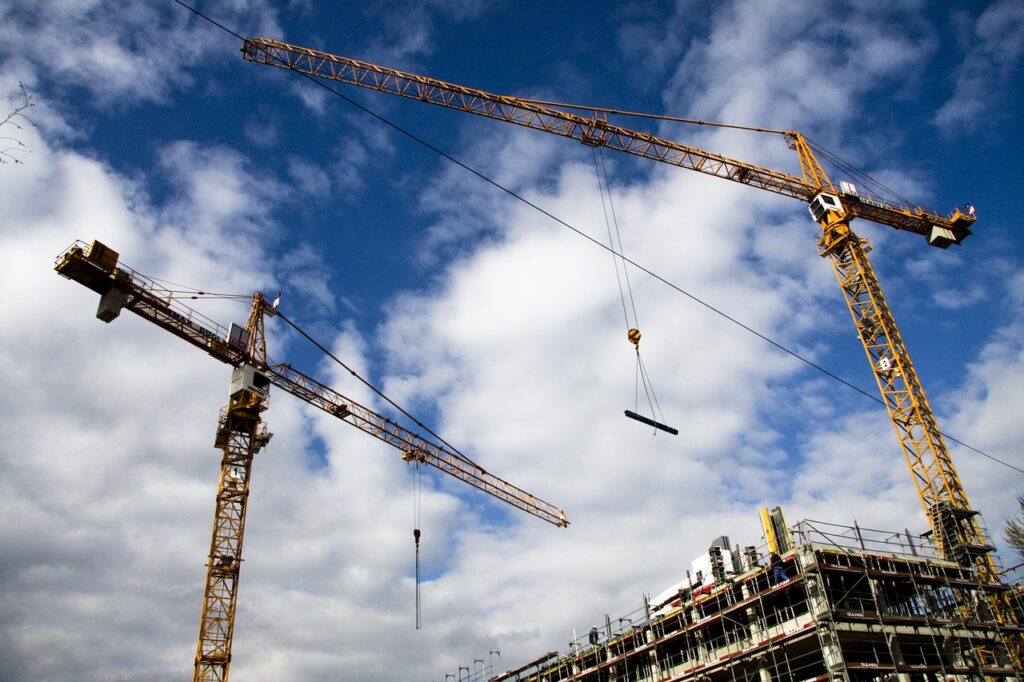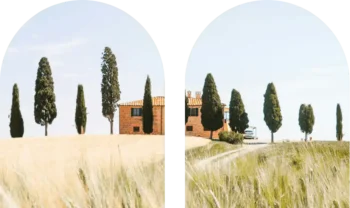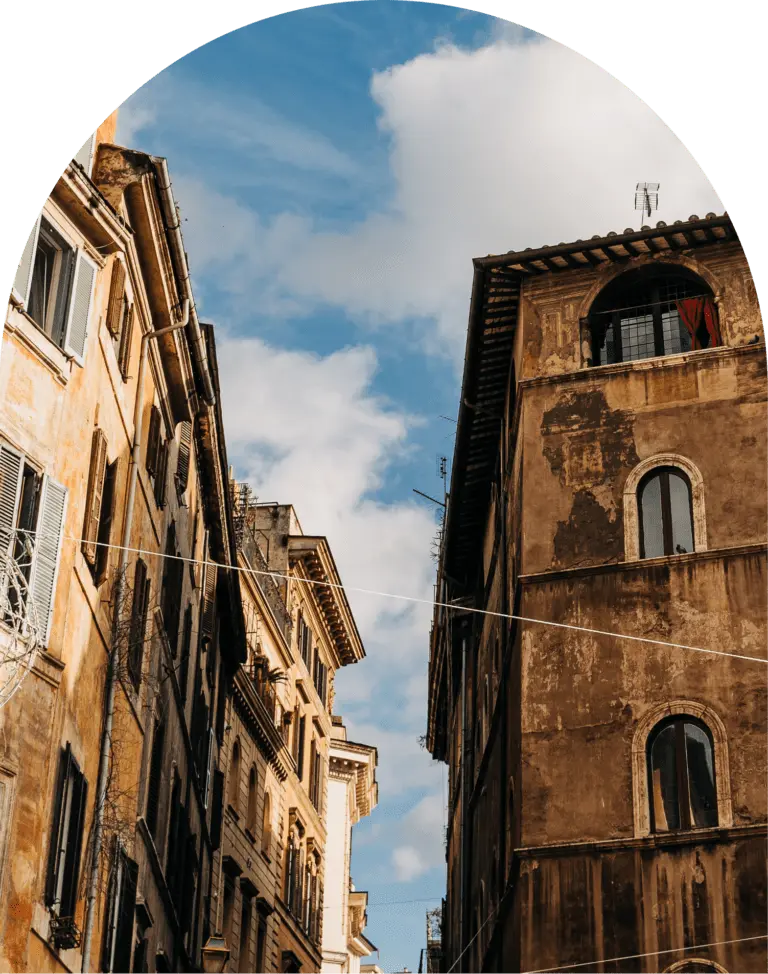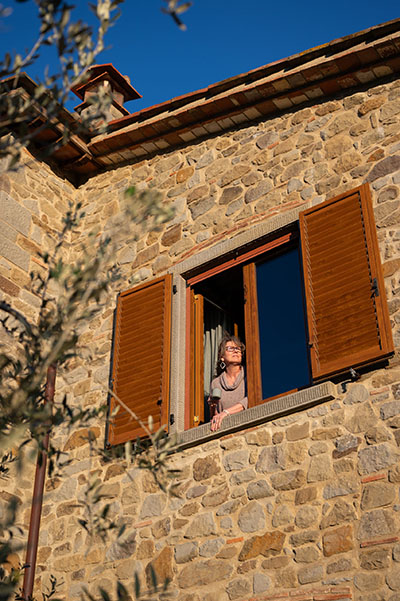We don’t usually think of new construction when approaching the Italian real estate market. Italy has a rich history, and much of its real estate capital (especially in sought-after locations) comprises older structures, with classic architectural features and plenty of character. However, if you are looking to buy a home in Italy, you should not overlook the possibility of a new build. New constructions are especially captivating if you are hoping to have spacious and open interiors, efficient heating and cooling, noise insulation and all the creature comforts.
The pros of purchasing a property under construction in Italy
Buying a property under construction carries several advantages for future buyers:
- You will be able to personalize your home: materials, interior layout and finishes, floors, kitchen and wall paint;
- Developers are more likely to offer a discount on a property under construction than on a finished project;
- You won’t have to concern yourself with expensive renovations anytime soon;
- Your property will follow the latest building codes and feature an elevated energy efficiency, resulting in lower utility expenses down the line. Unlike for older properties, you will not have to improve the property’s energy efficiency to abide by increasingly demanding European regulations.
The cons of purchasing a property under construction in Italy
Buying a property that does not yet exist requires taking on certain risks and uncertainties. All buyers should weigh these risks carefully when starting on this journey. The main risks include:
- The developer may go out of business before completing the construction;
- The project may be subject to interruptions and significant delays;
- Cost overruns may require a greater investment than initially budgeted;
- When purchasing from a construction company, you will be subject to greater purchase taxes of 10% of the property price (or 4% in case you move your residence to your new Italian home).
The biggest risk is for the development to be abandoned before completion, which could result in a significant loss of money invested by the buyer. It is therefore paramount to familiarize yourself with the developer’s history and business record, as well as taking various legal precautions. Thankfully, Italian law imposes certain procedures which, if followed, significantly protect the buyer’s interests.
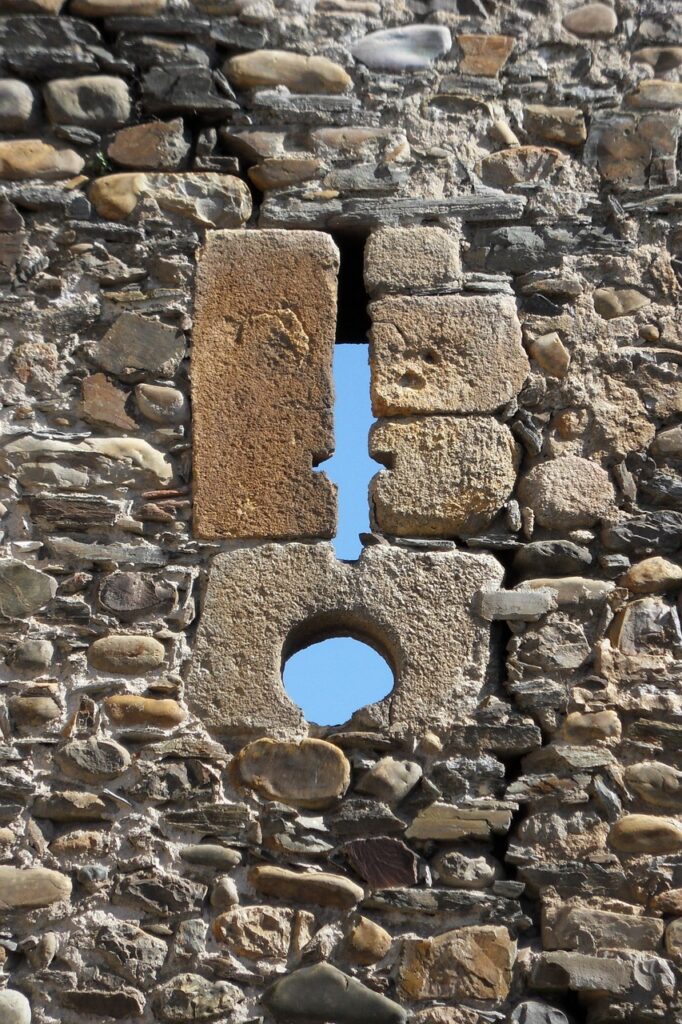
Masonry construction can last a long time, but it takes a more significant initial investment of time and money.
Purchase contract for a property under construction in Italy
As discussed in a previous article on the process of purchasing Italian property, the preliminary purchase contract (contratto preliminare) is a pivotal step in the purchase of Italian real estate. Italian law clearly outlines the type of contract and relative clauses to be used in the case of a new construction.
- The contract should be a preliminare trascritto: a deed validated by an Italian notaio, which holds greater legal effect than a simple contract between private individuals. One important advantage of the preliminare trascritto is that it ensures your claim on the property’s title has priority against any other claim. This contract will ensure the builder does not sell the same property to multiple people, and that no one else can claim ownership or any rights against the property that you haven’t agreed to.
- The developer must produce a guarantee (called fideiussione) against their bankruptcy. The guarantee is issued by either a bank or insurance company, and ensures that all payments made by the buyer will be reimbursed if the developer goes out of business before the construction is complete.
- The developer must provide a 10-year insurance policy against construction defects (polizza decennale postuma).
We advise you to ensure these protections are part of the purchase agreement you will be signing. Agreeing to a purchase without them can be dangerous for buyers and may invalidate the purchase contract.
Tax implications of purchasing a home from a developer
Purchasing a home in Italy directly from the developer will result in higher taxes on the purchase. The transaction is called ‘soggetta ad IVA’ and will require you to pay either:
- 4% of the purchase price if you establish your primary residence in Italy;
- 10% of the purchase price otherwise.
You may avoid these high tax rates if you purchase the property over five years after it was completed. In that case, the transaction is subject to lower taxes, which are explained in a previous article on the costs of purchasing property in Italy.
There are also interesting tax incentives you should be aware of. If you are purchasing a renovated property directly from a builder, you may receive up to 12.5% of property value back (with a cap of €48,000) in the form of income tax reductions over 10 years. Starting in 2025, this incentive is due to decrease from 12.5% to 9%, and the cap from €48,000 to €17,000.
Finally, if you decide to sell your Italian property, you will not have to pay capital gains tax in Italy if you wait until five years after your initial purchase.

